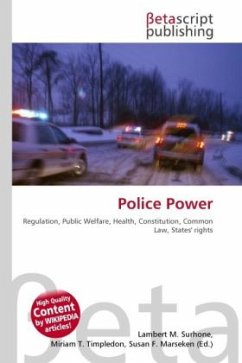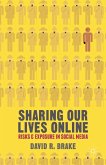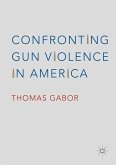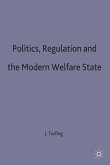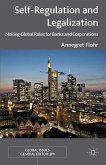High Quality Content by WIKIPEDIA articles! Police power is the capacity of a state to regulate behaviors and enforce order within its territory, often framed in terms of public welfare, security, health, and safety. Police power is legally considered an inherent power, limited only by prohibitions specified in the constitution of a state, making it the most expansive authorized power exercised by a state. The concept of police power (or simply "police") in English common law dates back at least four centuries and roughly coincides with the breakdown of the feudal order in Europe and the development of towns and cities (polis). The exercise of police power can be in the form of making laws, compelling obedience to those laws through physical means with the aim of removing liberty, legal sanctions, or other forms of coercion and inducements. Controversies over the exercise of police power, particularly the use of physical means, arise when it conflicts with the rights of sub-national states and individuals or civil liberties, such as the police power of American states for example, or police brutality.
Bitte wählen Sie Ihr Anliegen aus.
Rechnungen
Retourenschein anfordern
Bestellstatus
Storno

